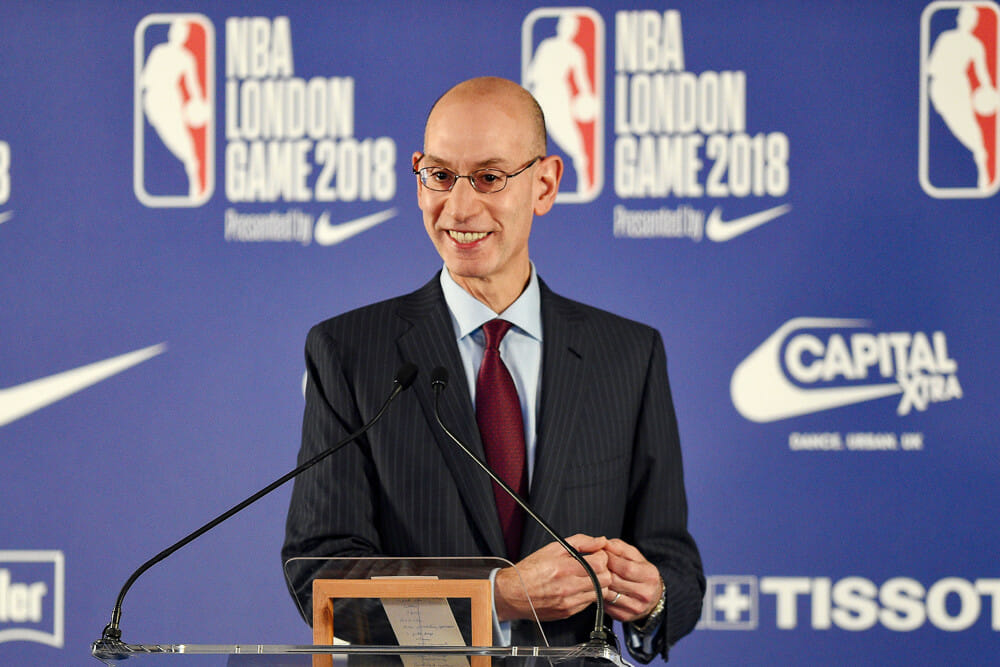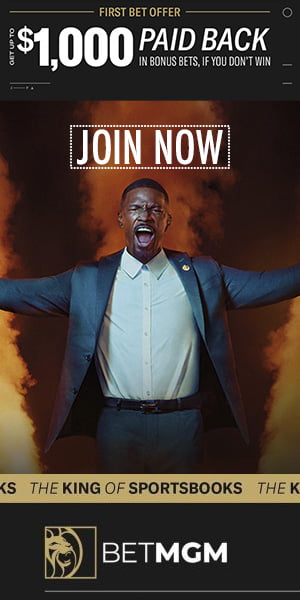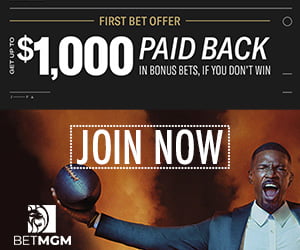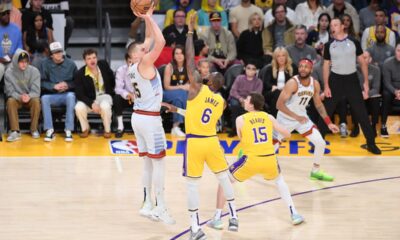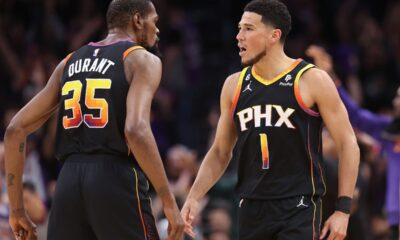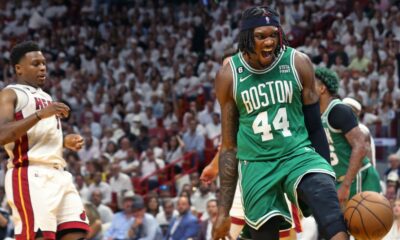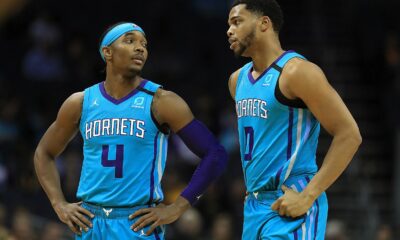Proving that the country has no desire to support free speech, China has ordered the NBA to remain silent for the rest of its time in the country. Thursday’s game was only allowed after the league agreed to a media blackout and that will continue until after tomorrow. The stance is part of the reason there has been such an international scandal to begin with.
Everything started over a single tweet issued by the GM of the Houston Rockets, Daryl Morey. He had retweeted a picture that supported protests in Hong Kong, before immediately deleting it, and this didn’t sit well with China’s leaders. With NBA teams already on the ground for preseason exhibition games, it was a little too late for things to be turned around, and the league tried to make the best of the situation.
The LA Lakers and Brooklyn Nets wrapped up their game Thursday, with the Nets grabbing the victory 114-111, but the game was allowed on one stipulation. No media availability would be allowed at the game and Silver had to cancel his pregame news conference. The two teams met again Saturday as the 2019 China Games wrapped up, but no one should expect to hear much about it until after the teams return home.
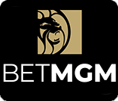
100% Bonus up to $1,000 + $25 Token
T&C APPLY | NJ, MI ONLY Join Now
100% Bonus up to $1,000 + $25 Token
T&C APPLY | PA ONLY Join Now
$1000 Risk Free Bet
T&C APPLY | NJ, PA, IN, CO, NJ, MI, IA, LA, MS, OH ONLY Join NowIn a statement from the league, the NBA said, “We have decided not to hold media availability for our teams for the remainder of our trip in China. They have been placed into a complicated and unprecedented situation while abroad and we believe it would be unfair to ask them to address these matters in real time.”
The league makes it sound as if it decided on the media blackout autonomously, but that doesn’t appear to be totally accurate. China had requested the blackout ahead of Thursday’s game, which would have most likely been the impetus for the NBA to request the teams to remain silent for the rest of their time in the country.
There will probably be a lot of tales once the teams return home. The Nets and the Lakers were going to be playing only about 20 miles from Hong Kong and the proximity to the source of the international political incident likely resulted in an increase in protests at the stadium both in support of the NBA and in support of China.
The NBA is trying to keep as neutral a stance as possible in order to not upset China, which it sees as a source of potential revenue. When the 76ers took on China’s Guangzhou Loong Lions in Philadelphia, a couple of fans were ejected, according to the fans, for holding up a “Free Hong Kong” banner.
One of the two, Jon Schweppe, later appeared on Tucker Carlson Tonight and said that the decision had to have come from the top brass. He explained, “I think it was done by someone up top. They don’t want to talk about it. They’re afraid to upset their bottom line with China.”

100% Bonus up to $1,000 + $25 Token
T&C APPLY | NJ, MI ONLY Join Now
100% Bonus up to $1,000 + $25 Token
T&C APPLY | PA ONLY Join Now
$1000 Risk Free Bet
T&C APPLY | NJ, PA, IN, CO, NJ, MI, IA, LA, MS, OH ONLY Join NowCarlson and Schweppe then touched on the irony of restricting free speech while in the nation’s capital. When Schweppe was ejected, the security guards had reportedly stated, “It’s Capital One Arena, we understand — we respect your freedom of speech. We are just personally not having — we don’t have any stance on it, so we’re just asking any signed related to that not be in here tonight.”
It has been pointed out that the NBA hasn’t been afraid to get involved in political debates in the past, like when it decided to move its All-Star Weekend from Charlotte, NC to New Orleans, LA in 2017. That was done out of protest of NC’s decision to discriminate against transgender individuals and the move didn’t cost the NBA any money. However, if it were to upset China, it could potentially lose millions of fans and a serious amount of money. It seems that the league’s political motivations are coincidentally tied to the amount of cash that’s at stake.

